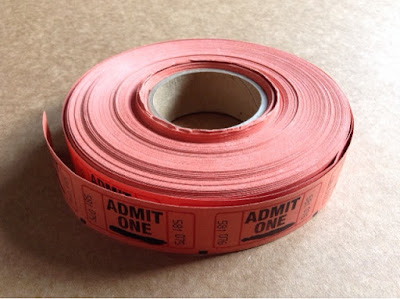While gathering supplies for our Day of the Dead grotto installation,
I'm thinking about what Adam said,
that he feels I am concealing more than revealing,
and that he wishes things would be more like My First Garden,
and less like Listen to the Leaves Crunching.
For the installation, Elyse has gobs of cupcake papers.
I have a box of clothespins recently purchased at an estate sale.
Pouring them onto the carpet I wonder
Whose dust am I breathing in?
Elyse stops by with the perfect piece of tupperware for my Bride of Frankenstein costume.
It is my go-to costume. Along with Frida Kahlo.
All I need is the wedding dress.
When we were in college
L. found it at a thrift shop and gave it to me.
I wore it that Halloween
a most transformative experience
when I dressed as my own ghost
and spend the night jumping on the couch.
I look for it and can not find it.
I search in all the places it would be.
I know I should drop it, but I can't help it. I keep looking.
I get frustrated. I look places where it isn't likely to be.
I can perfectly picture it in its plastic bag.
I begin to think I must have given it away.
I berate myself for doing something so stupid.
Drop it! I scold myself.
I sit on the floor and wonder what question to write for the dead.
Suddenly, the answer comes to me.





















































